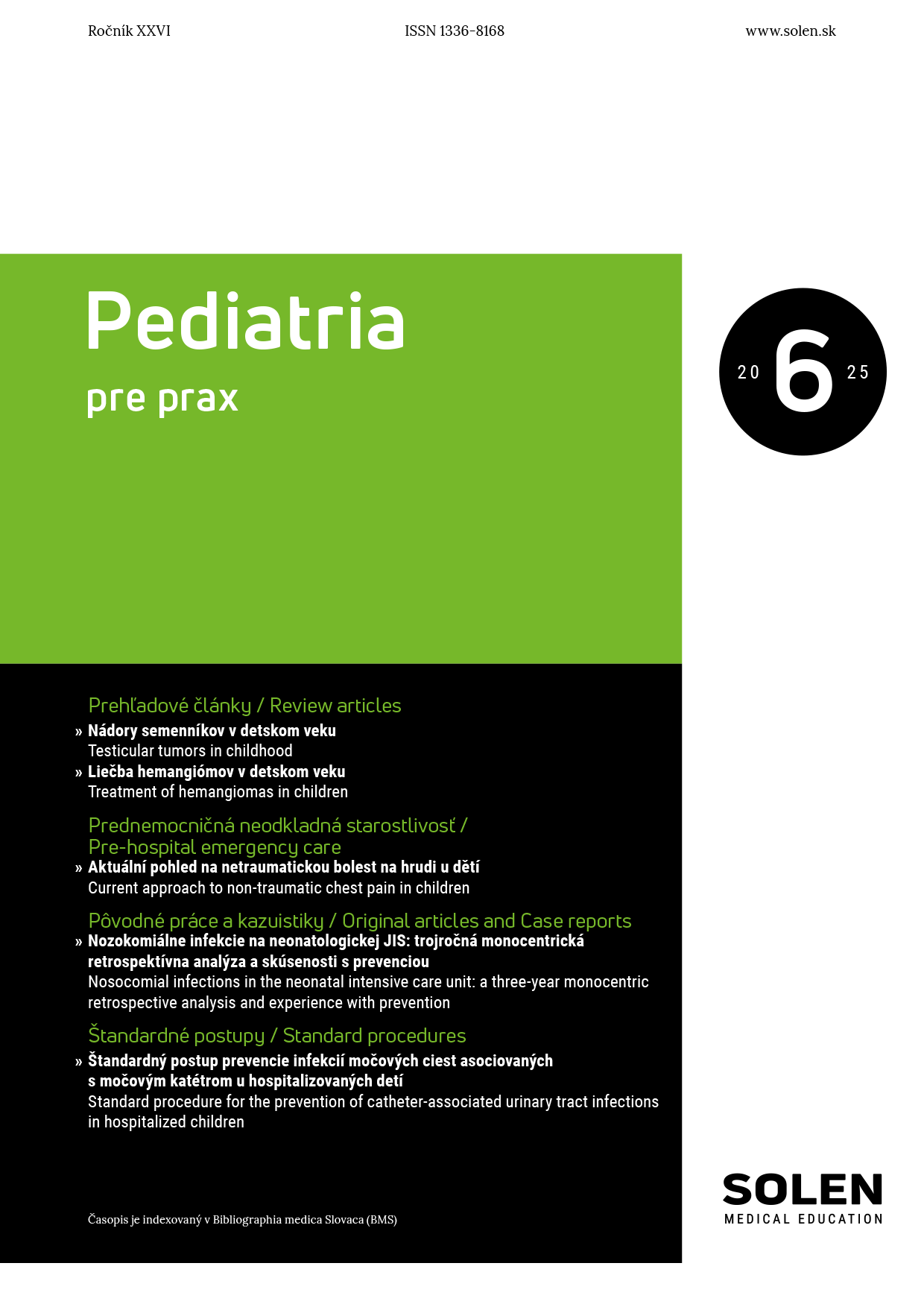Via practica 2/2025
Early detection of neurocognitive disorders in primary care: results of the NEZABUDKA I epidemiological screening project and its implications for clinical practice
This study investigates the early detection of neurocognitive disorders within primary care settings through the NEZABUDKA I epidemiological screening project. Employing a multicenter, observational design with 408 patients across 53 centers, a structured four-step screening protocol was implemented. This protocol included the evaluation of warning signs, brief cognitive assessments (such as orientation, clock drawing, and recent information recall), corroborative interviews with close persons and final analysis. The findings reveal a high prevalence of subtle cognitive impairments among the participants, thereby emphasizing the importance of integrating rapid, cost-effective screening tools into routine clinical practice. Ultimately, the study advocates for enhanced interdisciplinary collaboration and continuous medical education to improve diagnostic accuracy and patient management in an aging population.
Keywords: dementia, cognitive disorders, early diagnosis, screening, primary care

















